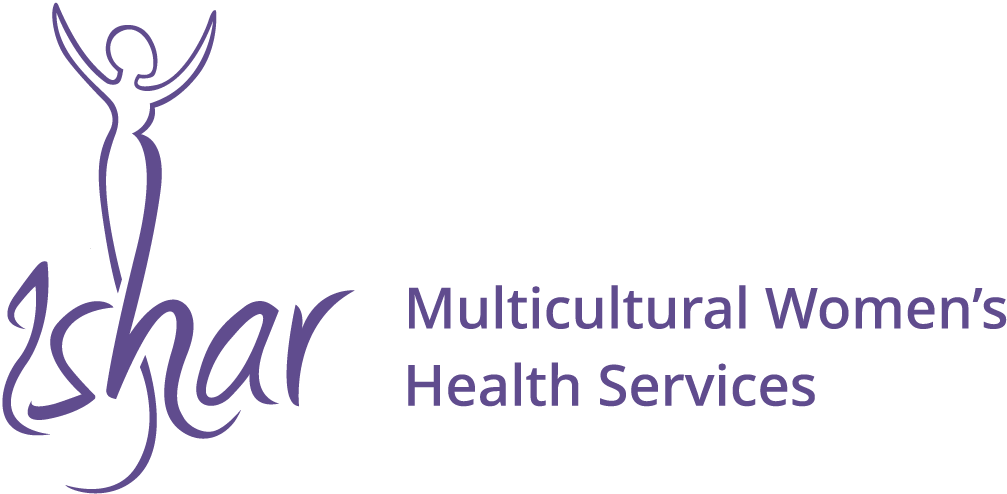Should I give my breastfed baby formula?
Should I give my breastfed baby formula is a question we get asked by women who are successfully breastfeeding. When the mother is able, breast milk is the preferred option when feeding a baby as it has the right balance of nutrients for babies, helps them grow strong and to have better brain growth and development. It can help protect babies against infections in the stomach (such as gastro), ears and chest infections. It helps protect babies from allergies (like asthma and eczema), diabetes and other medical conditions. It also reduces the risk of SIDS - Sudden Infant Death Syndrome (when babies under one year die unexpectedly in their sleep).
For the mother, breastfeeding reduces the risk of bleeding after the birth, may help the mother return to her pre-pregnancy weight and reduces her risk of developing breast and ovarian cancer and osteoporosis (a condition that causes bones to become thin, weak and fragile).
Breastmilk is made to suit each individual baby and changes to match that baby’s needs as they grow and develop. Breastmilk also varies from the beginning of the feed to the end of the feed.
The main reasons women give for thinking they need to give their baby formula are: they think they do not have enough breast milk; they can see how much milk their baby is getting if they give formula; it will settle their “fussy” baby and/or make their baby sleep better; the formula is better than breastmilk.
Yet when a woman introduces regular formula top-ups, she will decrease her milk production:
Perhaps she expresses some milk, but sometimes if you try your first expression straight after breastfeeding, you may not get the large volumes you expected. It may have felt disheartening and confirmed her doubts that she didn’t have enough milk.
So she gives a top-up feed of formula milk instead.
The baby then sleeps for 4 or 5 hours (as they cannot digest formula so easily) - normally, the baby would have breastfed 2 times during that period.
After 3 or 4, or more days of a daily top-up formula feed, the breasts are no longer being emptied as frequently as before.
The breasts now think that they are weaning and start to reduce milk production.
The baby becomes hungrier again.
So, the baby is given another top-up formula feed.
The baby perhaps now sleeps through 3 or 4 breastfeeds per day.
Eventually, the breasts think they are weaning further, so the breasts reduce the overall amount of milk produced per day.
And so, the cycle goes on… eventuating in actual low breast milk supply and a baby who is now mostly formula feeding. And the poor mum blames herself and her milk supply as being unable to breastfeed her baby!
For this reason, we wanted to create an accessible, quick and easy way to inform women that if they are successfully breastfeeding, there is no reason to introduce formula.
The videos were produced in consultation with the Department of Health, North Metropolitan Health Service and Ishar’s dietitian and midwife. Ishar conducted a survey with service providers to ascertain what resources are needed. Following the survey results, Ishar held focus groups with CaLD women to ensure the content was appropriate and adjusted language accordingly.

